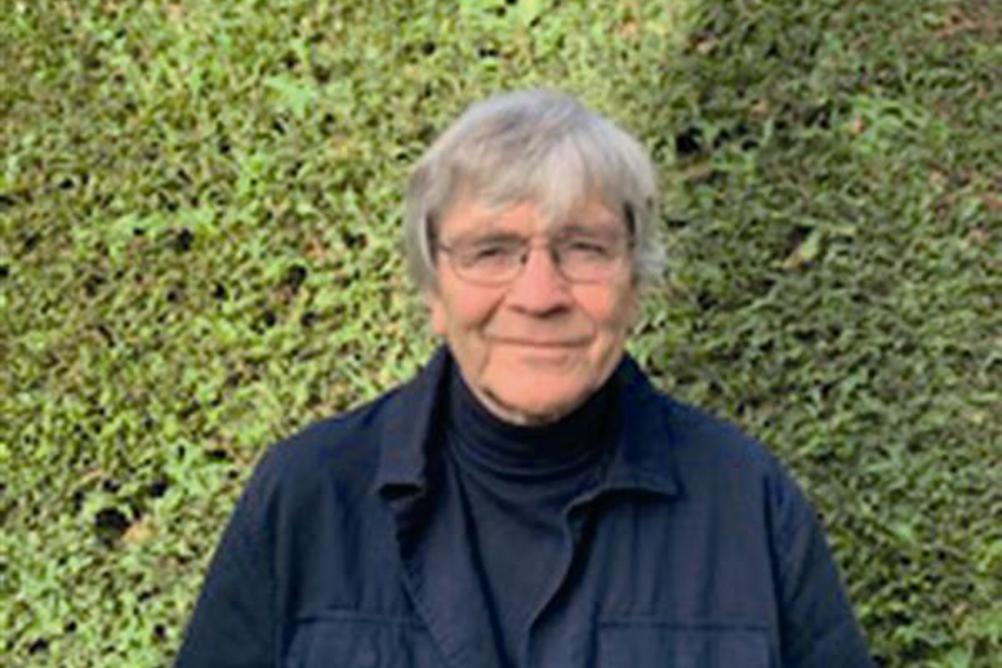Geoff Readman gives us some insight into the newly launched National Plan for Drama and Theatre Education.

The promotion of drama and theatre practice that meets the needs of all children and young people is the central tenet of this document. The plan conveys the issues and concerns that are facing teachers and learners in SEND, Early Years, Primary, Secondary, Higher Education and Alternative Education contexts. It does not dwell on familiar and ongoing dilemmas, such as syllabus content, examination board requirements or assessment procedures. The recommendations and proposals emphasise the importance of policies that reflect flexibility, progression and coherence.
The plan should prove a valuable strategy in raising awareness and understanding across the whole sector, providing policy makers with a coherent framework for learning with which to inform their decision-making. There is a certainly a need for clarity about when, why and how learners experience drama and theatre during their mandatory school experience. This is long overdue, as little attention has been given to how each phase of provision connects and contributes to the entirety of young people's life experience.
Register now to continue reading
Register to the Drama & Theatre website today and gain access to all the latest news and developments from the world of drama education.
By registering you will receive:
-
Free access to 4 subscriber-only articles per month
-
Unlimited access to news and opinion on our website
Already have an account? Sign in here
